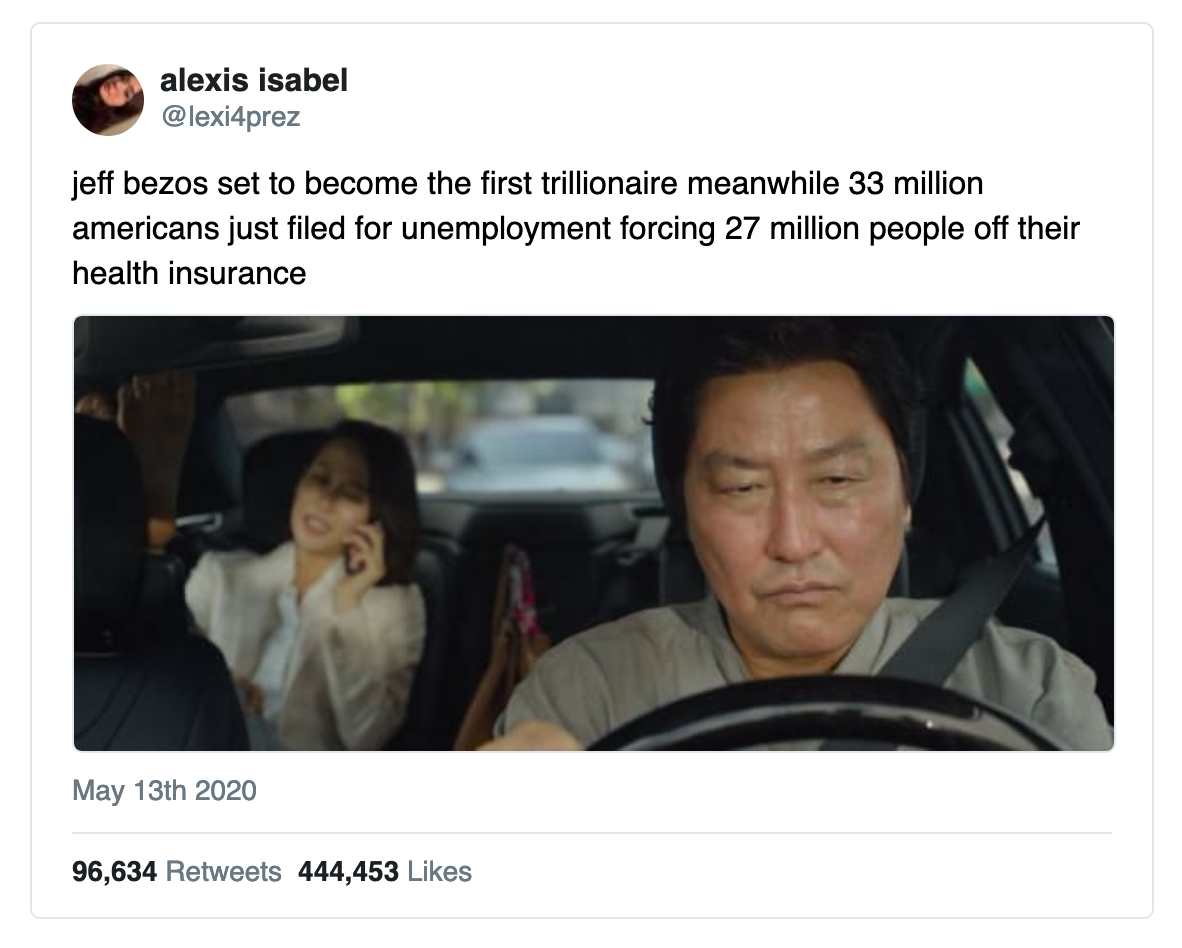Sublime
An inspiration engine for ideas

For the MCNs, it’s essentially an early-stage VC investment. If it incubates 100 livestreamers simultaneously and only one becomes a breakout, then MCNs need to capitalise on that success. The MCN needs to recoup the cost of the other 99 livestreamers from the sole success to keep the business afloat. The reality is that no company wants to be in a... See more
Lillian Li • Internet and the murmurs of post-modernity in China

Caroline sensed, rightly, that her departure alerted Jane Street to an alarming new threat. Jane Street and the other high-frequency trading firms had been fishing for traders in the same ponds as Will MacAskill and the other Oxford philosophers fished for effective altruists. People able to calculate the expected value of complicated financial gam
... See moreMichael Lewis • Going Infinite: The Rise and Fall of a New Tycoon
About MetalabelAbstracting the concept of a label away from the music industry: it’s a hyperstructure (borrowing the term of Jacob Horne from Zora) that I call the metalabel. It’s a person or group of people creating a common identity for a shared purpose producing public releases that manifests their point of view.
Yancey Strickler • 36. Re-bundling the creator economy + labels in web3 w/ Yancey Strickler
Nucleus: The content that you create. At A Media Operator, that’s the essays that I write about media businesses. I really don’t think non-media people are reading this.
Jacob Cohen Donnelly • Subscriptions Is Perfectly Fine; But Community Can Give You More
Getting a job through compulsive tweeting marked my first exposure to the digital attention economy that was beginning to monopolize the Internet. I grasped a new formula: content = attention = followers = profit. Anything that made enough noise online could be monetized in one way or another. My online presence increasingly felt like a carefully c... See more
Kyle Chayka • Coming of Age at the Dawn of the Social Internet | The New Yorker

In the Web2 era, platforms like Twitter and Facebook ran powerful but temporary versions of the “commoditize the complement” strategy early in their growth phase. By giving away their products and APIs for free, the platforms were able to attract invaluable social graphs and user data, which in turn helped attract an ecosystem of third-party develo... See more